The Best Homemade Face Masks for Glowing Skin
The key to great skin is in your kitchen.
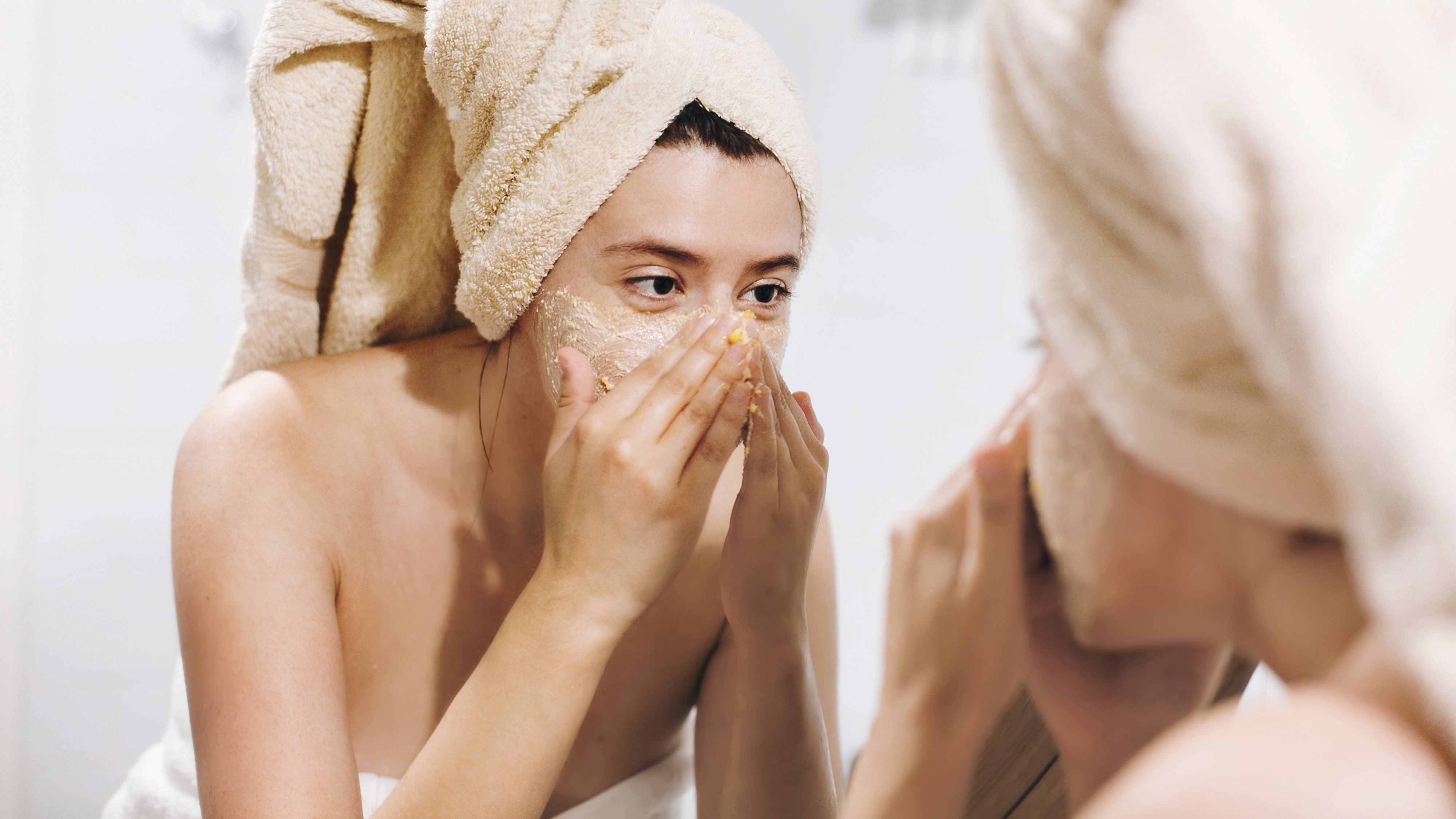

I'm in a DIY skincare phase, which includes making my own body scrubs, hand-crafted lip scrubs, and homemade face masks. Based on the countless recipes for the best at-home face masks floating around on the internet, I'm not the only one.
"If you make the right one, it can be a luxurious, sensorial, feel-good experience in every way," says Varuni Palacios, esthetician and founder of Studio Varuni in Los Angeles. However, she warns you should always check in with your dermatologist first. If you have a specific skin concern, you should stick to "products that are professionally formulated and clinically tested for effectiveness," she says.
Board-certified dermatologist Marisa Garshick, MD, FAAD, agrees, explaining, "It is unknown how effective the masks will be and there is always a concern for potential side effects such as irritation, scarring, and discoloration."
To avoid potential side effects, Palacios recommends patch-testing your homemade mask, refrigerating it so it doesn't spoil, and double-cleansing before application. She also advises keeping recipes simple and opting exclusively for fresh, clean, organic, whole ingredients, which are less likely to irritate your skin.
With that in mind, Palacios and Dr. Garshick provided recipes for the best homemade face masks for every skin concern, from hyperpigmentation to oiliness.
Best Homemade Face Mask for Acne
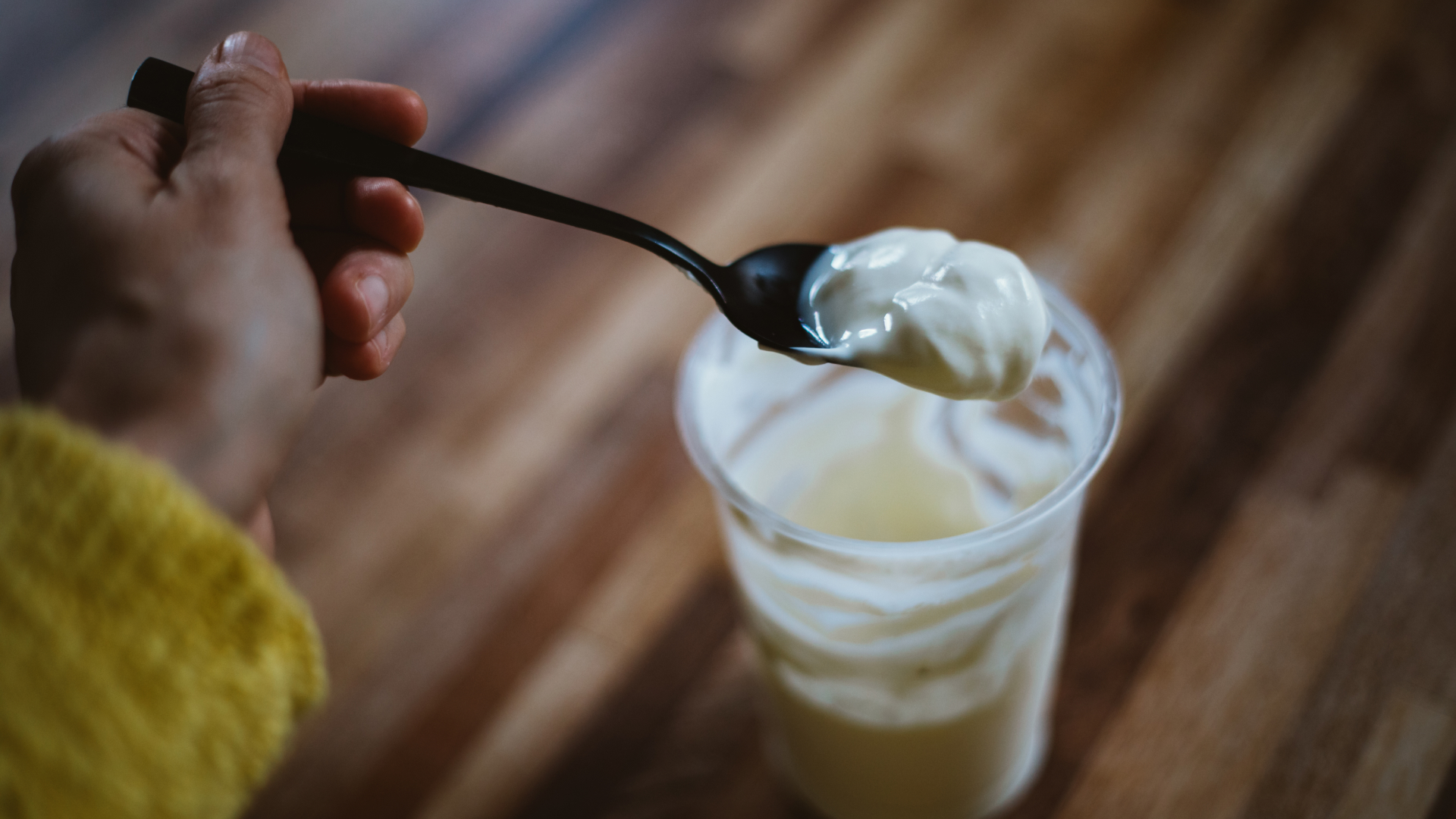
Yogurt contains lactic acid, which helps hydrate and heal damaged skin.
Active ingredients like salicylic acid, benzoyl peroxide, and retinol can calm breakouts. However, if you don't have any of these on hand, Palacios says you can create a gentle homemade face mask using products from your kitchen and medicine cabinet. Simply combine three crushed, uncoated aspirin tablets with one tablespoon of Manuka honey and one to two tablespoons of whole milk or full-fat yogurt. "Crush the tablets into a fine powder and combine with the other ingredients until smooth enough to apply," she advises.
"The salicylic acid in aspirin will help to unclog pores and calm inflammation," she says. "The lactic acid in the yogurt will help hydrate, heal, and gently exfoliate dead skin. Manuka honey offers hydrating, antibacterial, and anti-inflammatory properties to prevent acne-causing bacteria."
Best Homemade Face Mask for Hyperpigmentation
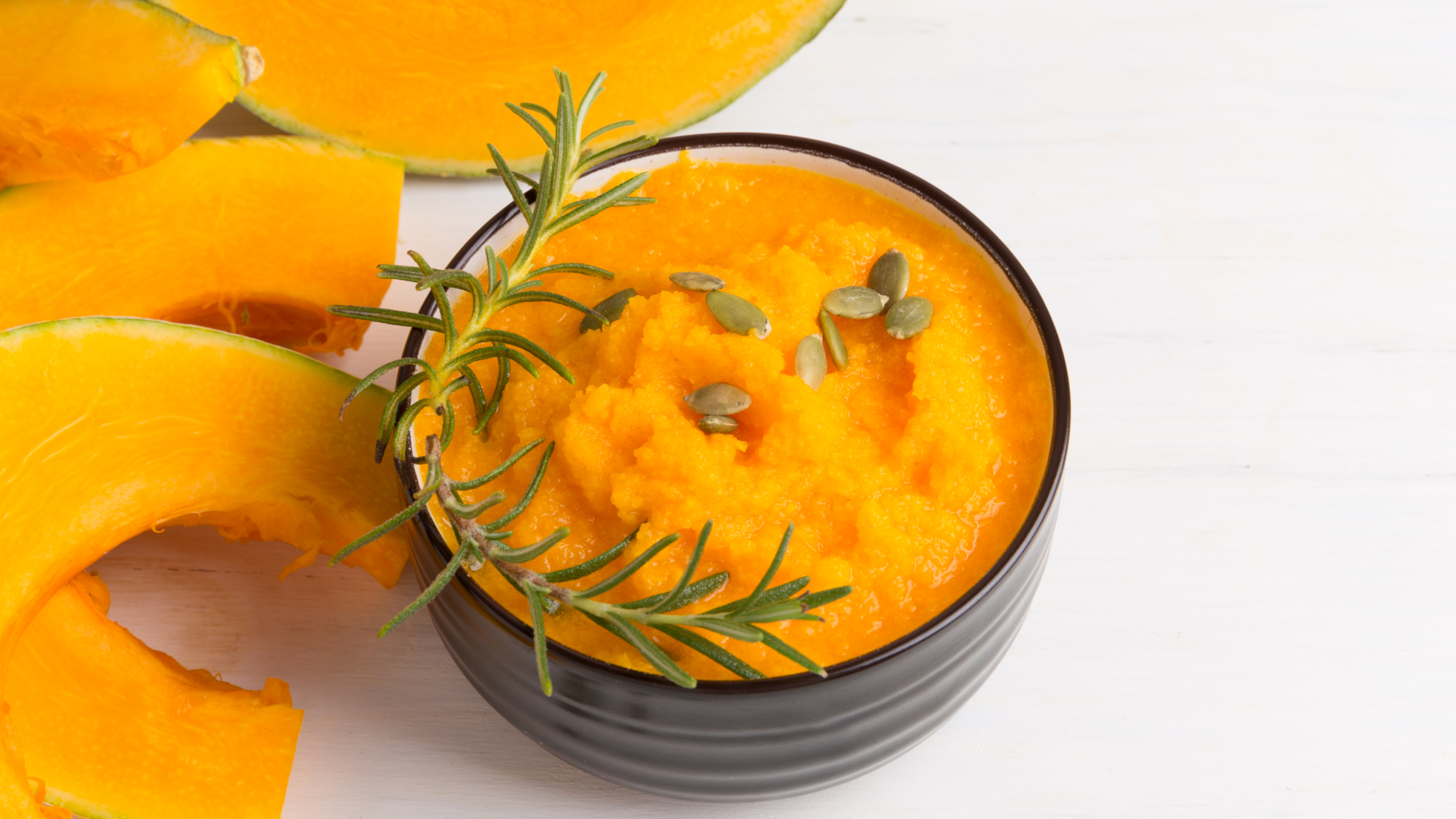
Pumpkin contains Vitamin C, which brightens skin.
Whether you're handling sun spots or acne marks, you know that hyperpigmentation is difficult to treat. Rather than letting time take care of your dark spots, exfoliate and nourish your skin with mixtures like this pumpkin-yogurt-honey mask, courtesy of Dr. Garshick. "Mix one tablespoon of pumpkin puree with one teaspoon of Greek yogurt and half a teaspoon of honey," she instructs. "To use, wash your face, apply the mask, leave on for 15 to 20 minutes, and then rinse it off. Then use a regular moisturizer."
"Pumpkin offers great skin benefits, as it is rich in antioxidants such as vitamin C, helping to brighten the skin," she shares. "The combination of pumpkin and yogurt, which contains lactic acid, helps gently exfoliate the skin to get rid of dead skin cells, leaving the skin glowing. The honey is a humectant that draws moisture in so the skin won’t feel dry."
Best Homemade Face Mask for Flakiness
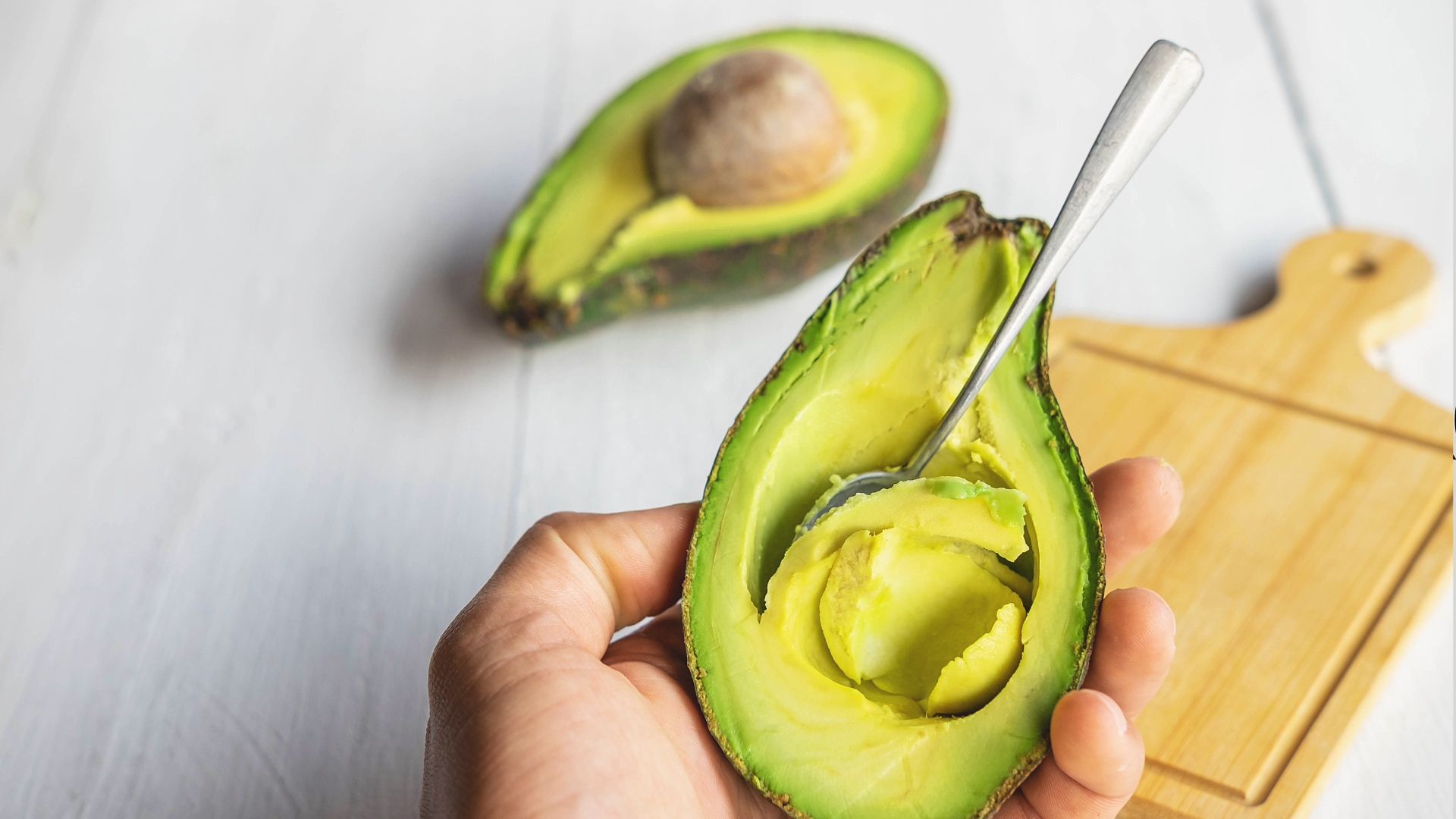
Many people already know that avocado's healthy fats are great for nutrition, but did you know that they also benefit your skin health?
Dry, flaky skin can exacerbate acne and redness and make makeup application next to impossible. When extreme dryness strikes, Palacios recommends this nourishing mask, which requires half an avocado, one tablespoon of Manuka honey, two tablespoons of whole milk or full-fat yogurt, and a handful of organic, gluten-free oats. "Avocado is packed with healthy fats and natural oils that nourish and hydrate the skin," she explains. "Manuka honey offers hydrating, antibacterial and anti-inflammatory properties. The yogurt's lactic acid will help hydrate, heal, and exfoliate dead skin, and its creamy texture will lock in moisture." Combined with the oats—this makes for a super healing treatment for dry/irritated skin, acne, eczema, and psoriasis. Combine and blend until smooth, thick, and creamy. Cool and apply.
Best Exfoliating Homemade Face Mask
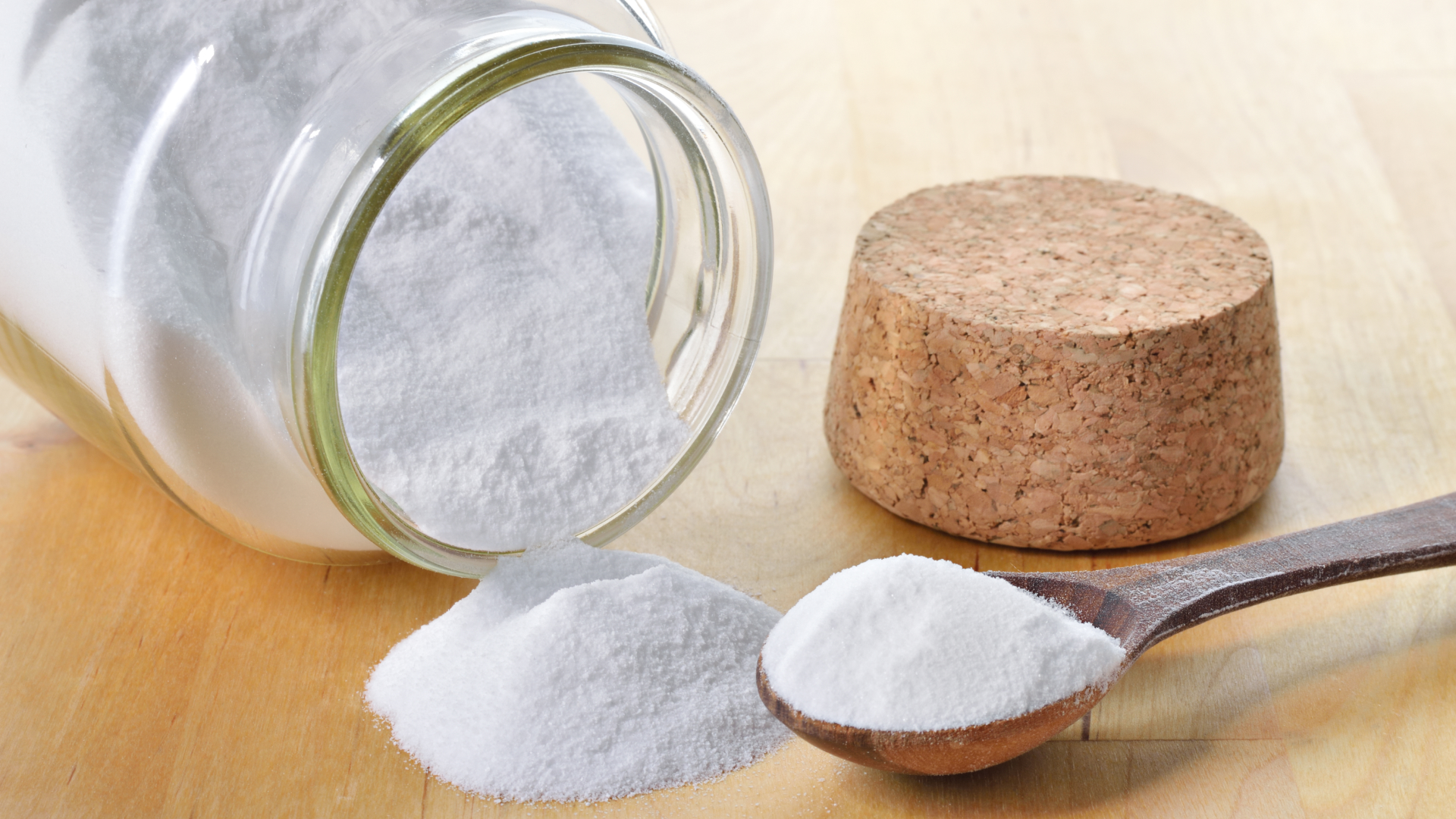
Dr. Garshick says baking soda works well as a gentle exfoliant when mixed with warm water.
Exfoliate at least once a week, but no more than two to three times a week. However, keep in mind that many exfoliators can be abrasive to skin (I'm looking at you, microbeads of skincare past), so it's best to opt for a gentle exfoliating solution, like this one from Dr. Garshick.
"A simple homemade face mask that uses baking soda can be made by mixing one teaspoon with one tablespoon of water to create a paste, which can then be applied to the skin and left on for 10 minutes. Then, rinse away with warm water," she says. "Baking soda can help to remove the build-up of dead skin cells by acting as a physical exfoliant."
Best Homemade Face Mask for Dryness
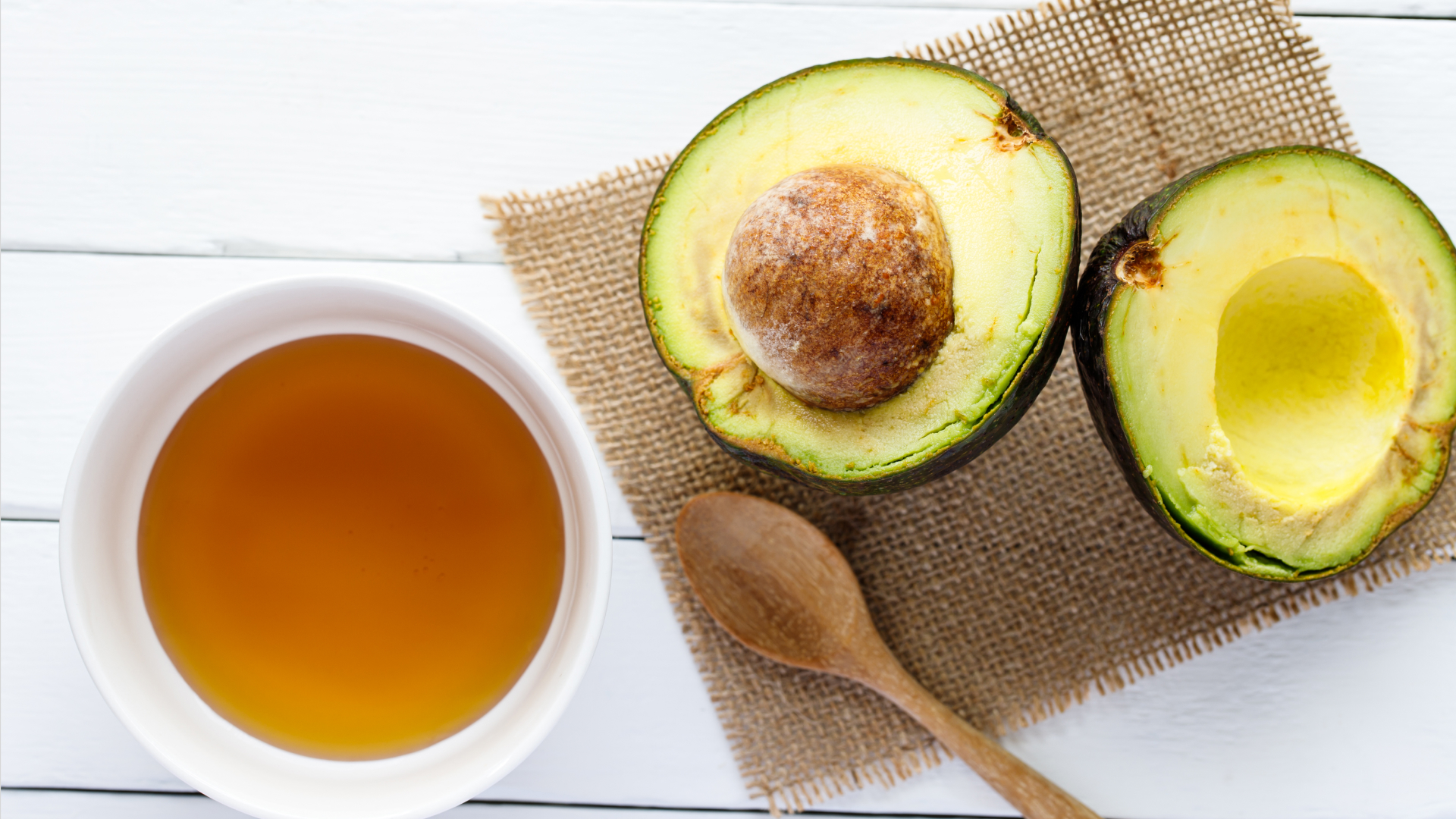
The combination of avocado and honey is more than just delicious. According to Dr. Garshick, it's a great hydrator.
I don't have characteristically dry skin, but that doesn't mean I don't struggle with dryness from time to time. During the winter months or after spending time in dry heat, my skin is parched, and I find myself reaching for this avocado and honey (or olive oil) mask from Dr. Garshick.
To make it, she instructs, "Mash 1/4 of a whole avocado with one teaspoon each of honey and olive oil. Spread evenly over your face and leave for 15 to 20 minutes. Rinse with warm water." She goes on to explain, "This mask is particularly good for those with dry skin, as it helps to boost moisture while also softening and soothing the skin. Honey is known to have anti-inflammatory and antibacterial benefits, helping to calm the skin as well. Avocado, which is rich in water, not only helps to boost moisture in the skin but is also rich in fatty acids to support skin barrier and can also help to lock moisture in."
Best Homemade Face Mask for Oiliness
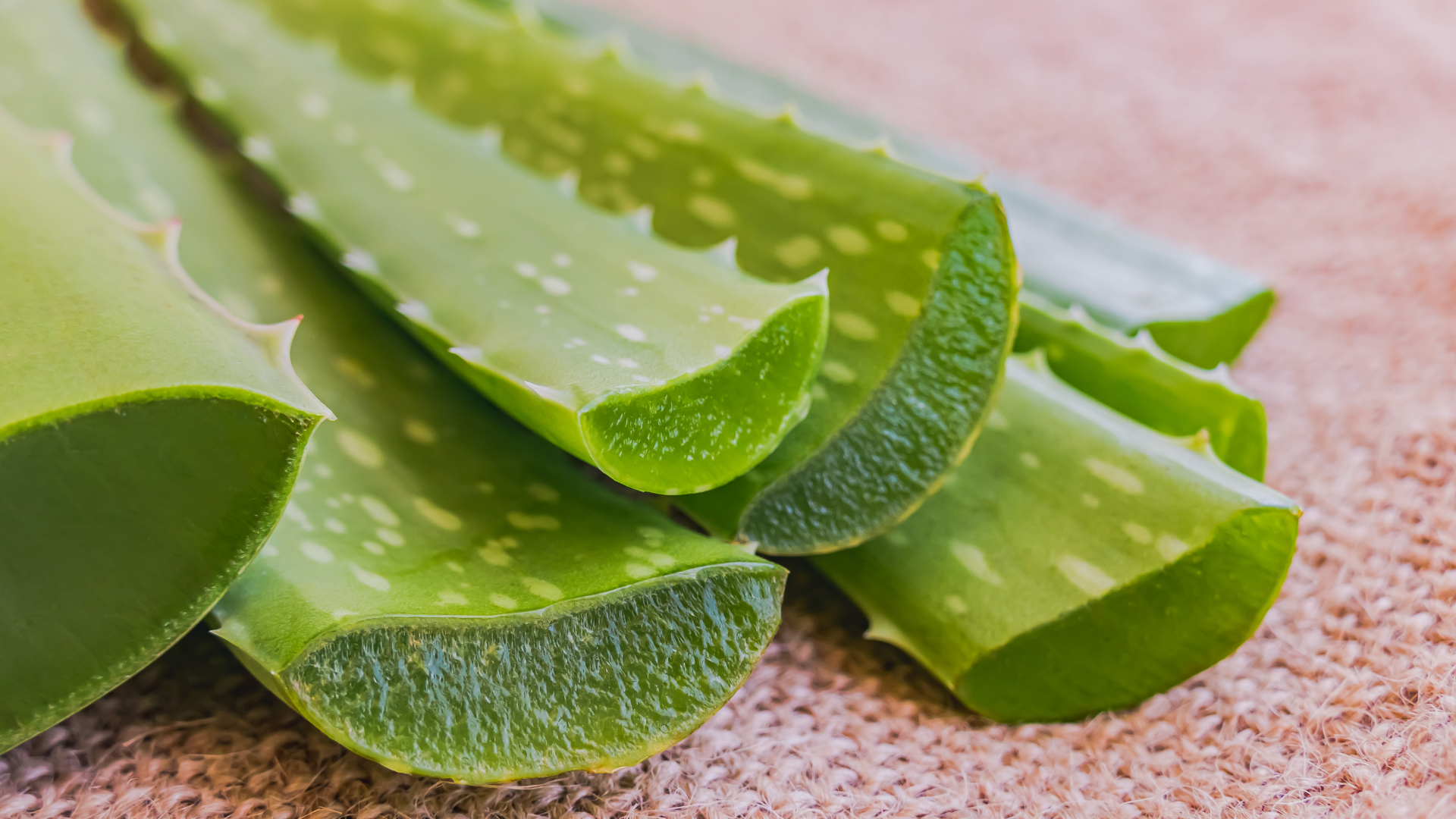
Aloe vera is a well-known antidote for burns, but its lightweight texture also allows it to calm redness without making already-oily skin feel greasy.
My combination skin is not as acne-prone as it used to be, but I still get flare-ups when I'm stressed or when I'm about to get my period. In those situations, I reach for a mask specifically formulated to calm breakouts and prevent new ones. Dr. Garshick says that this recipe is perfect for doing just that. "Those with oily and breakout-prone skin may opt for a DIY mask that includes activated charcoal, aloe vera gel, as well as tea tree oil," she explains. "It is best to mix these ingredients and then apply the mixture to the face and let sit for 10 minutes prior to rinsing with water. The activated charcoal helps to absorb excess oil and draw out debris that may be clogging the pores. In contrast, the tea tree oil helps to reduce bacteria that can contribute to breakouts, and the aloe vera reduces inflammation and calms the skin."
Best Homemade Face Mask for Redness
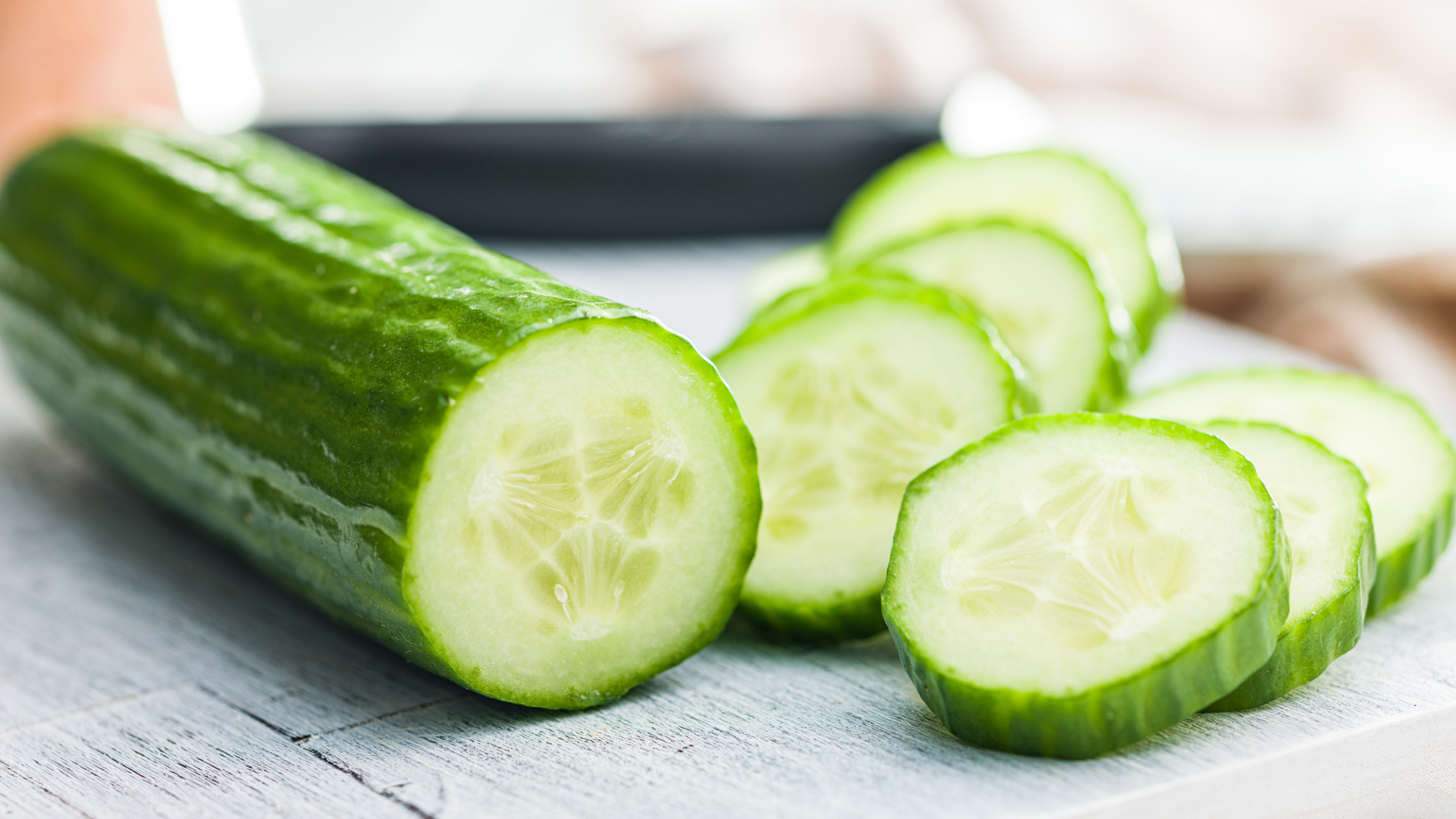
You've probably heard of putting cucumbers on your eyes, but you can also mash them up and put them in a face mask.
While some people's skin is more prone to redness than others, we've all experienced bouts of inflammation at some point. "Everything about this mask is cooling—the number one, most important factor for redness, which is another word for inflammation," says Palacios of this luxurious solution. To start, you need half a cup of chopped cucumber, three tablespoons of aloe vera gel, and three tablespoons of freshly brewed chamomile tea.
"Aloe vera is anti-inflammatory and wound healing. Cucumbers are extremely hydrating (literally packed with water). Chamomile is soothing, healing, and calming. Blend all ingredients until smooth, cool, and apply," she says. For extra soothing effects, she recommends freezing the concoction into ice cubes for facial icing in the morning, at night, or after a workout.
Best Homemade Face Mask for Brightening
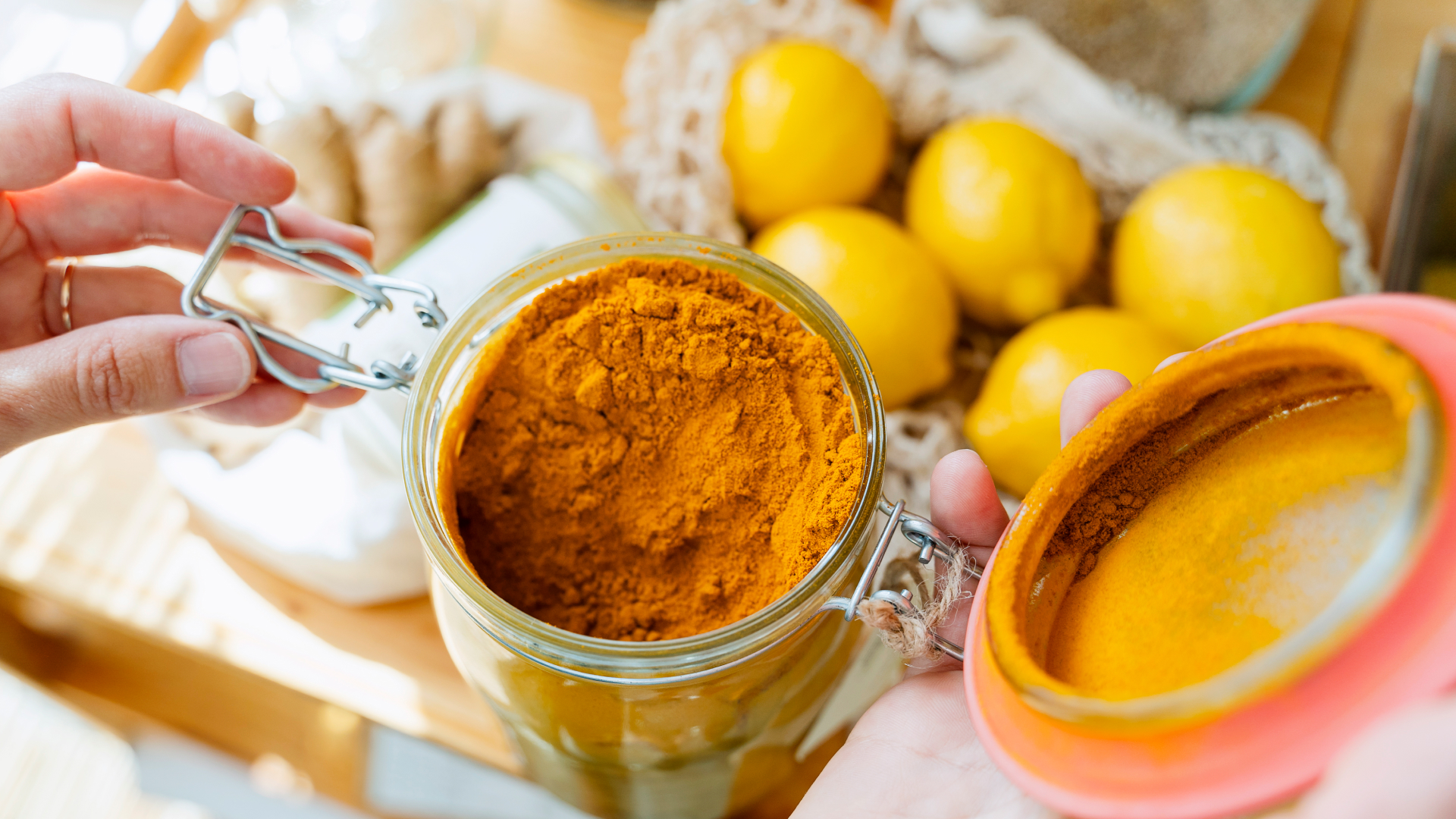
When dull skin strikes, you just might find the solution in your kitchen pantry.
For this mask, Palacios says that all you need is one tablespoon of Manuka honey, half a lemon, and a pinch of turmeric. She recommends it for anyone struggling with a dull or inflamed complexion. "Curcumin, the abundant antioxidant in turmeric, neutralizes free radicals and helps to reduce scarring," she shares. "Manuka honey hydrates reduces inflammation and heals the skin. Lemon prevents bacteria, reduces inflammation, and helps to lighten and brighten dull skin. Thus, this mask is incredible for tackling inflammation, scarring, and a lackluster complexion."
Meet the Experts

Marisa Garshick, MD, FAAD is a leading board-certified dermatologist serving patients throughout Manhattan, New York at MDCS Dermatology: Medical Dermatology & Cosmetic Surgery, as well as Cornell New York Presbyterian Medical Center. Dr. Garshick provides a wide variety of cosmetic and medical procedures and services including treatments for acne, eczema, hyperhidrosis, moles, psoriasis, rosacea, signs of aging, skin cancer, skin tags, vitiligo, and wrinkles.
Dr. Garshick’s post-graduate training in dermatology began with an internship at Memorial Sloan Kettering Cancer Center. She completed her dermatology residency at Cornell’s New York Presbyterian Hospital, where she served as Chief Resident in Dermatology.
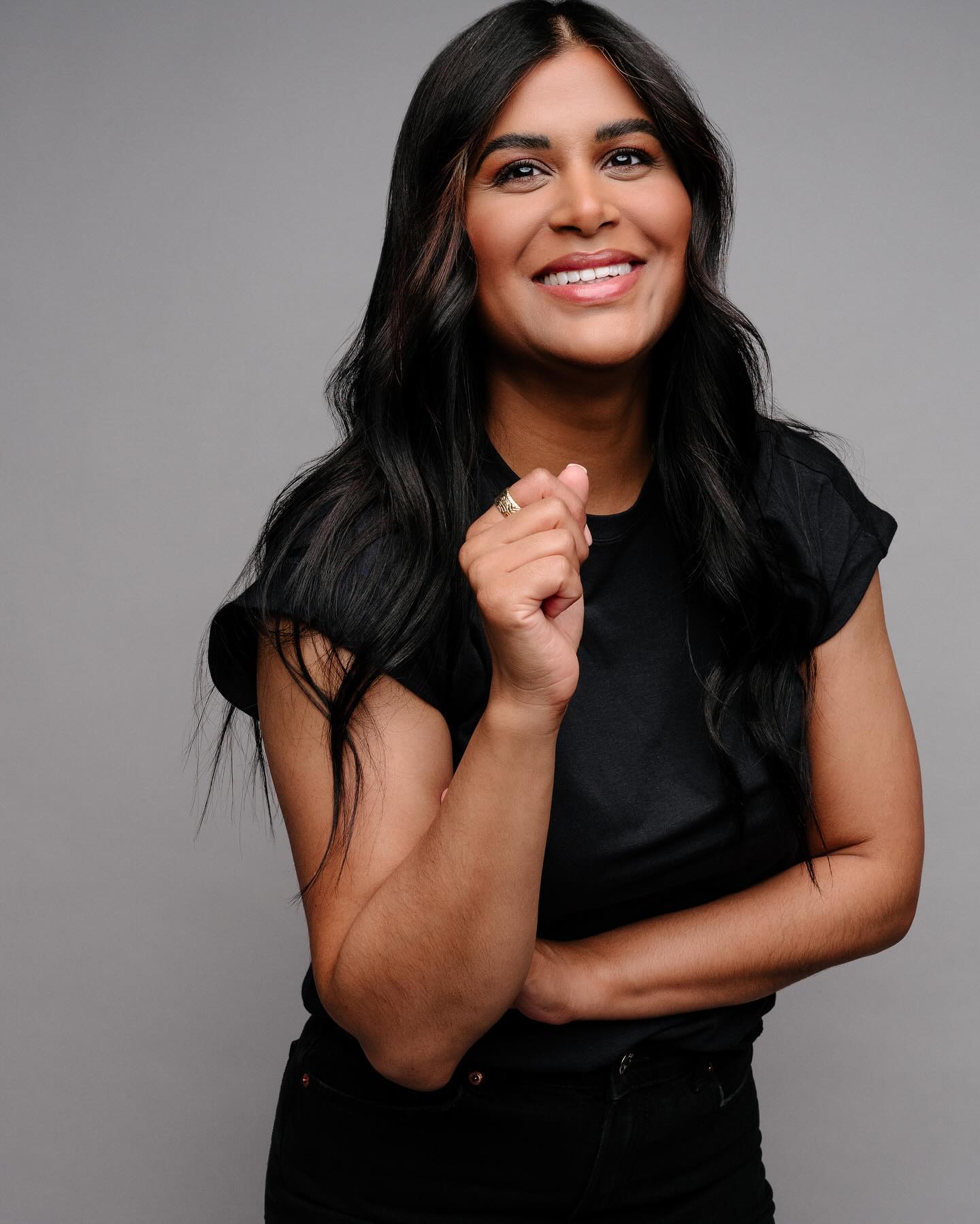
Varuni Palacios is a licensed esthetician and founder of Studio Varuni, a facial studio in Los Angeles whose treatments target issues such as acne, hyperpigmentation, dull skin, and more.
Get exclusive access to fashion and beauty trends, hot-off-the-press celebrity news, and more.
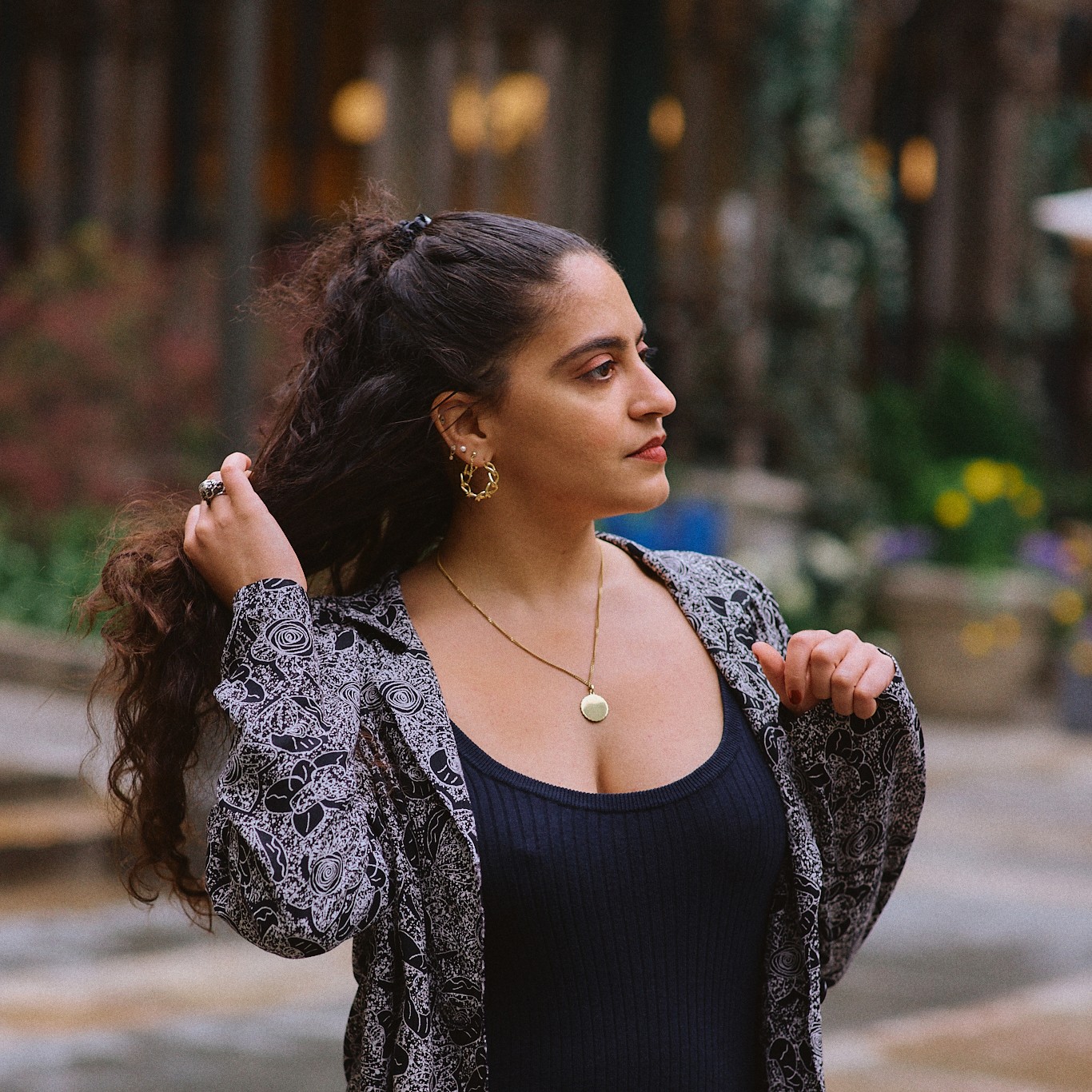
Gabrielle Ulubay is a Beauty Writer at Marie Claire. She has also written about sexual wellness, politics, culture, and fashion at Marie Claire and at publications including The New York Times, HuffPost Personal, Bustle, Alma, Muskrat Magazine, O'Bheal, and elsewhere. Her personal essay in The New York Times' Modern Love column kickstarted her professional writing career in 2018, and that piece has since been printed in the 2019 revised edition of the Modern Love book. Having studied history, international relations, and film, she has made films on politics and gender equity in addition to writing about cinema for Film Ireland, University College Cork, and on her personal blog, gabrielleulubay.medium.com. Before working with Marie Claire, Gabrielle worked in local government, higher education, and sales, and has resided in four countries and counting. She has worked extensively in the e-commerce and sales spaces since 2020, and spent two years at Drizly, where she developed an expertise in finding the best, highest quality goods and experiences money can buy.
Deeply political, she believes that skincare, haircare, and sexual wellness are central tenets to one's overall health and fights for them to be taken seriously, especially for people of color. She also loves studying makeup as a means of artistic expression, drawing on her experience as an artist in her analysis of beauty trends. She's based in New York City, where she can be found watching movies or running her art business when she isn't writing. Find her on Twitter at @GabrielleUlubay or on Instagram at @gabrielle.ulubay, or follow her art at @suburban.graffiti.art